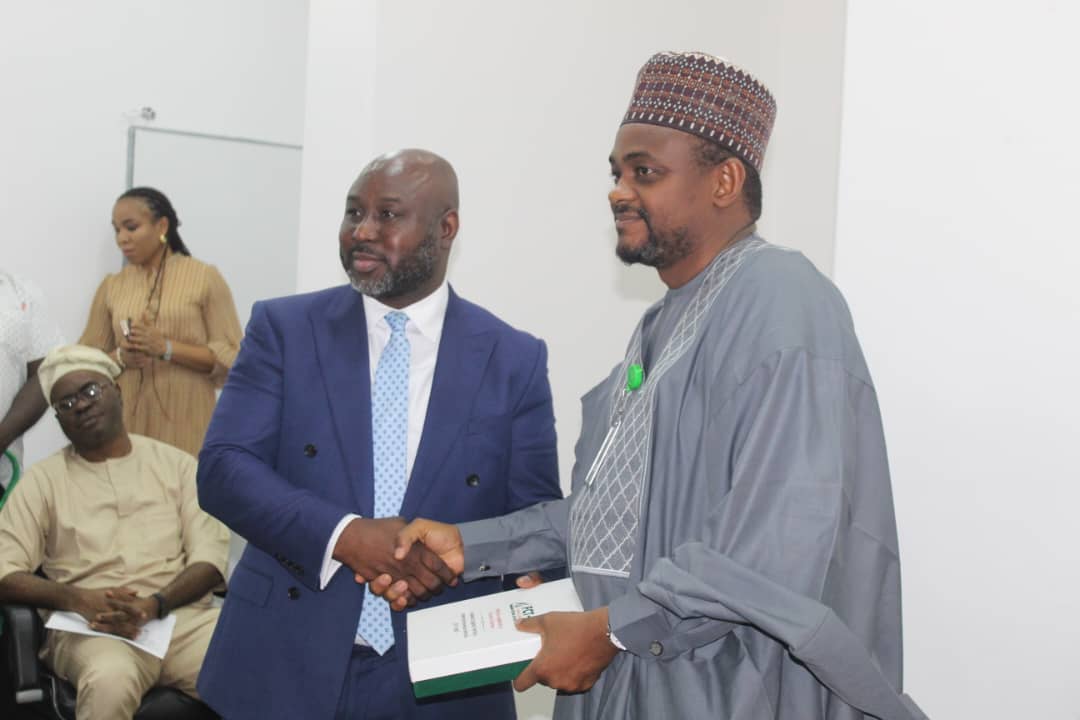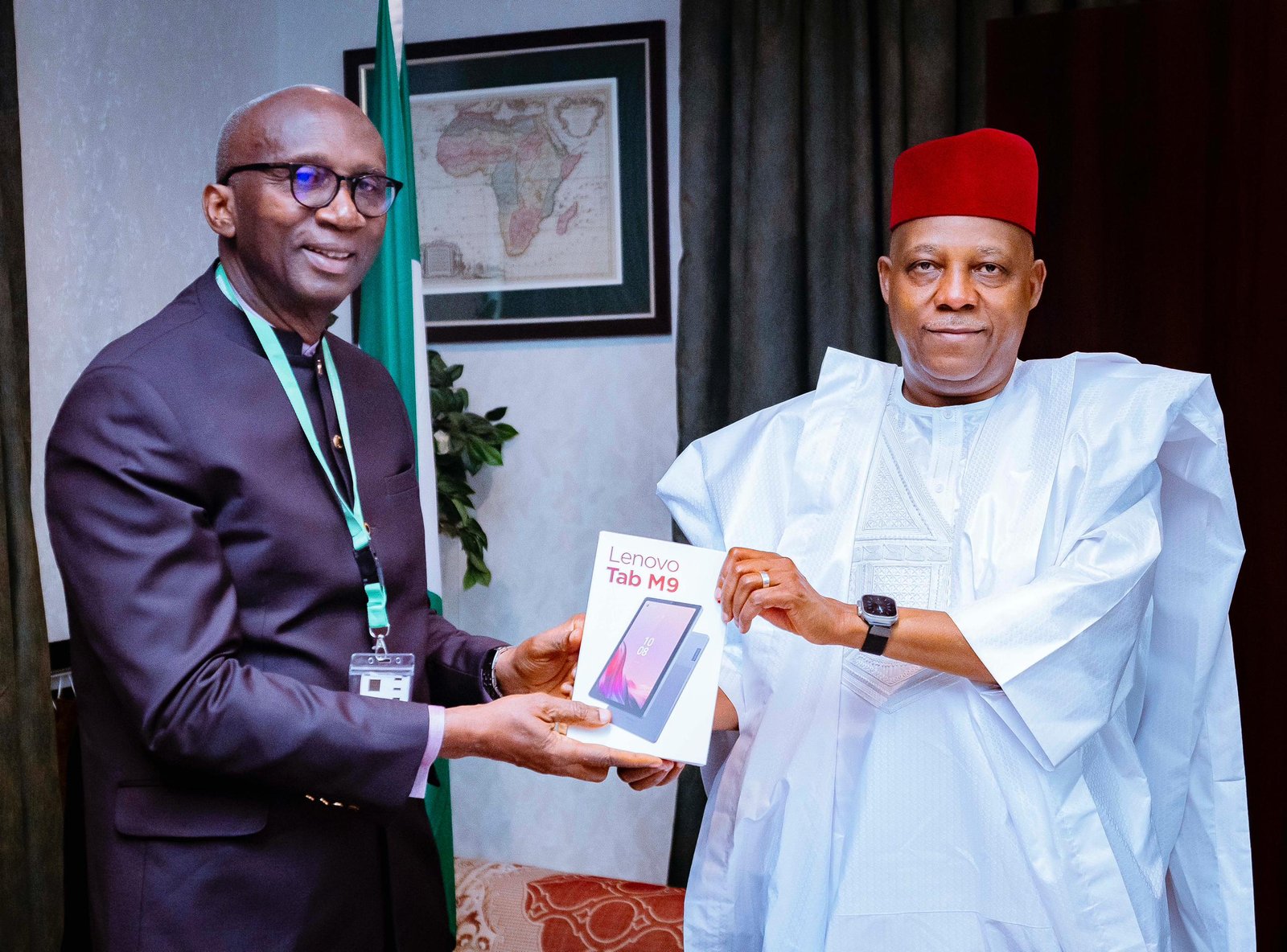Tariff Removal: FG sets duty rate guidelines for staple foods
By Martha Agas The Federal Government has unveiled guidelines for the implementation of the “Zero Per cent Duty Rate and Value Added Tax” exemption on certain basic food items. The announcement is contained in a statement issued by the Spokesperson of the Nigeria Customs Service (NCS), Abdullahi Maiwada, inContinue Reading





















